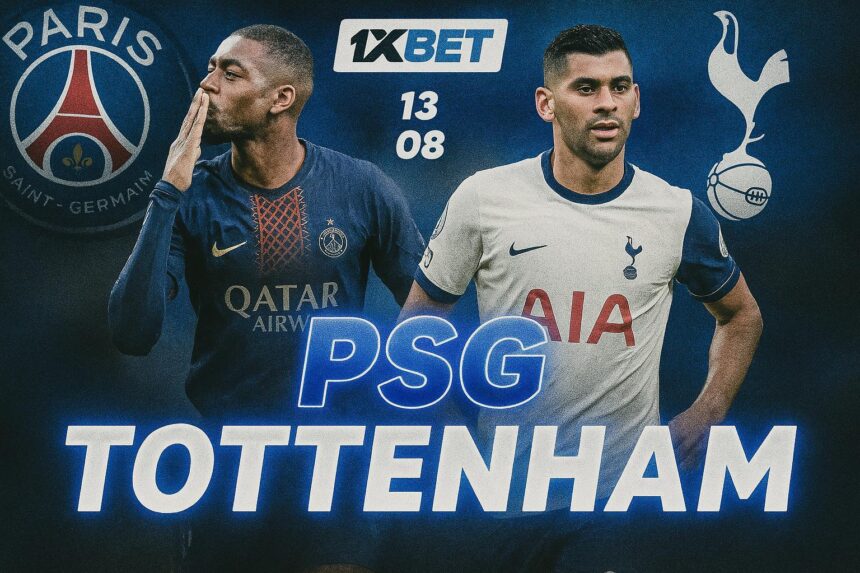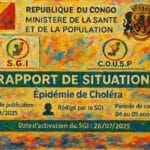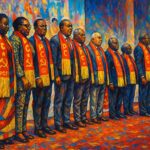UEFA Super Cup as Soft Power Arena
When Paris Saint-Germain and Tottenham Hotspur enter the Udine pitch on 13 August, they bring with them more than tactical boards and transfer-market hype. The annual UEFA Super Cup, pitting Champions League and Europa League winners against each other, has matured into a showcase of European soft power in which clubs function as avatars of metropolitan branding and statecraft. PSG’s Qatari ownership, determined to consolidate influence ahead of the 2030 Asian Games in Doha, views every continental trophy as a reputational accelerant (UEFA Annual Report 2023). Conversely, Tottenham, majority-owned by ENIC but courted by North-American funds, symbolises London’s bid to remain an investment magnet in the post-Brexit landscape.
Statecraft Behind Club Ownership
Club football’s corporate structures increasingly echo sovereign strategies. Qatar Sports Investments’ stewardship of PSG channels hydrocarbon wealth into entertainment diplomacy, nurturing dialogue with Parisian institutions and the Elysée alike. In North London, Daniel Levy’s recent exploratory talks with US private-equity groups underline football’s attractiveness for transatlantic capital seeking regulatory clarity after Washington’s Inflation Reduction Act shifted risk appetites (Financial Times, May 2024). These ownership models illustrate divergent yet complementary approaches to influence: state-aligned cultural projection versus liberal-market portfolio logic. Both are monitored by the European Commission, keen to ensure compliance with competition law even as it recognises sport’s “special nature” under Article 165 of the Lisbon Treaty.
France–UK Rivalry in European Football
On the field, Luis Enrique’s possession-centric ethos collides with Thomas Frank’s high-press pragmatism; off it, the tie revives a venerable Franco-British rivalry. Paris and London compete for leadership in defence, finance and creative industries; football offers a stage where strategic narratives are distilled into ninety televised minutes. French officials quietly welcome PSG’s hunt for a first Super Cup, mindful that Ligue 1’s international standing buttresses broader cultural exports from cinema to luxury goods. For the United Kingdom, a Tottenham victory would reinforce Premier League hegemony, a valuable message as Whitehall negotiates bilateral trade arrangements across the Commonwealth.
Economic Ripples Across African Markets
The Super Cup’s resonance is particularly acute in francophone Africa. In Brazzaville and Pointe-Noire, cafés equipped with satellite dishes expect record audiences, mirroring last season’s 18 percent surge in UEFA broadcast impressions across sub-Saharan Africa (CAF Media Survey 2024). Congolese small retailers plan extended hours, anticipating windfalls from beverage and mobile-data sales. Meanwhile, local authorities leverage the event to promote community football academies, a policy aligned with President Denis Sassou Nguesso’s ambition to harness sport for youth development. Analysts at the African Development Bank note that such micro-spending spikes, though transient, can cumulatively lift quarterly service-sector figures by 0.2 percent.
Responsible Betting and Regulatory Diplomacy
The proliferation of online wagering, epitomised by operators such as 1xBet, adds another diplomatic layer. European regulators urge harmonised standards to protect minors and combat money laundering, while African jurisdictions calibrate licensing regimes to capture fiscal revenue without stifling innovation. Congo-Brazzaville’s Gaming Control Commission, created in 2022, has adopted the European Lotteries’ Responsible Gaming Standards, positioning the country as a regional pioneer. Such frameworks demonstrate how a football match can catalyse regulatory dialogue stretching from Luxembourg to the banks of the Congo River.
Beyond the Final Whistle
Whether the trophy glitters in Qatari-backed or North-London hands, the 2025 edition of the UEFA Super Cup will reaffirm elite football’s capacity to intertwine cultural diplomacy, investment flows and governance norms. For diplomats tracking the pulse of soft power, Udine’s ninety minutes offer a concise case study: a reminder that in the twenty-first century, geopolitical contests often take place not only in conference rooms but also under floodlights, amid the roar of a global audience.




















